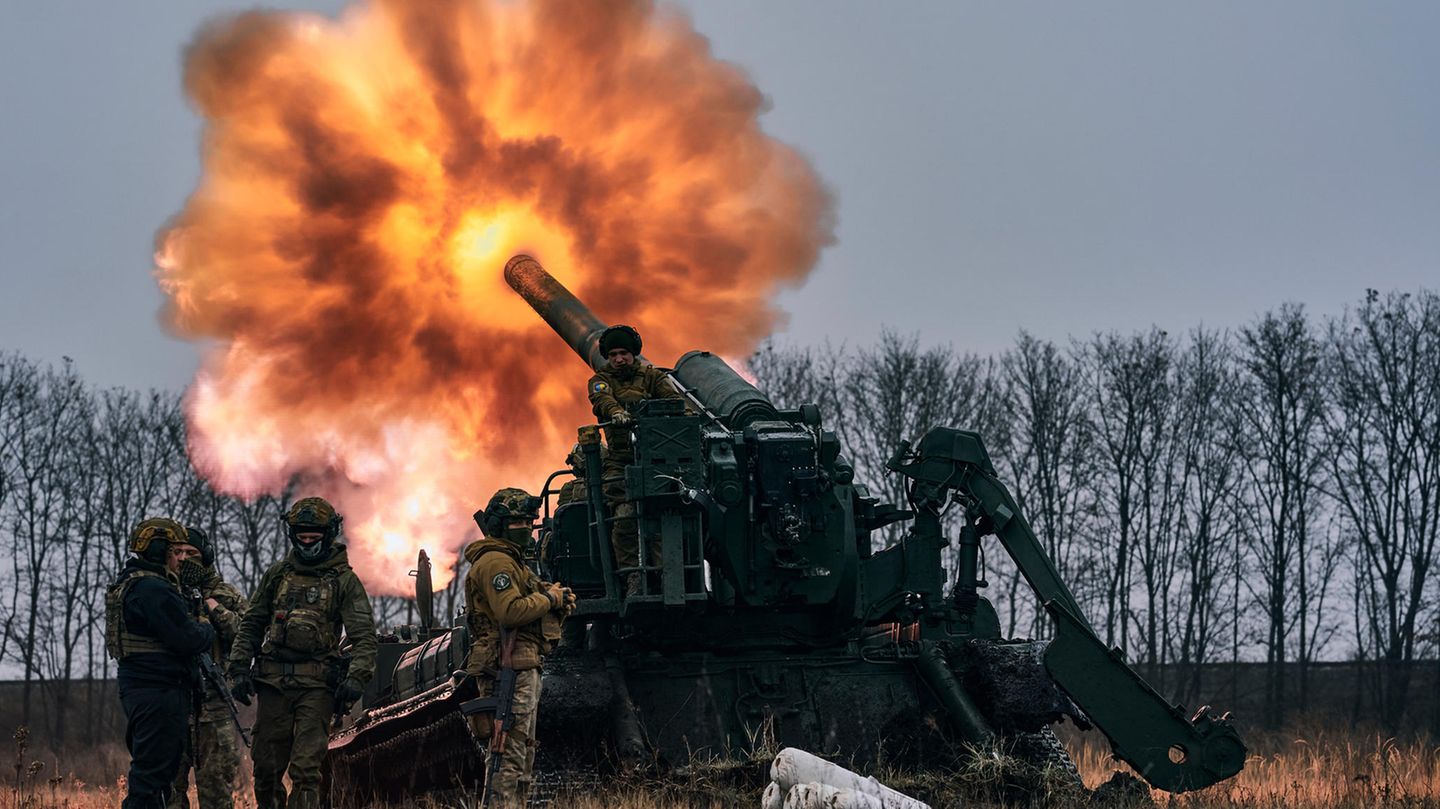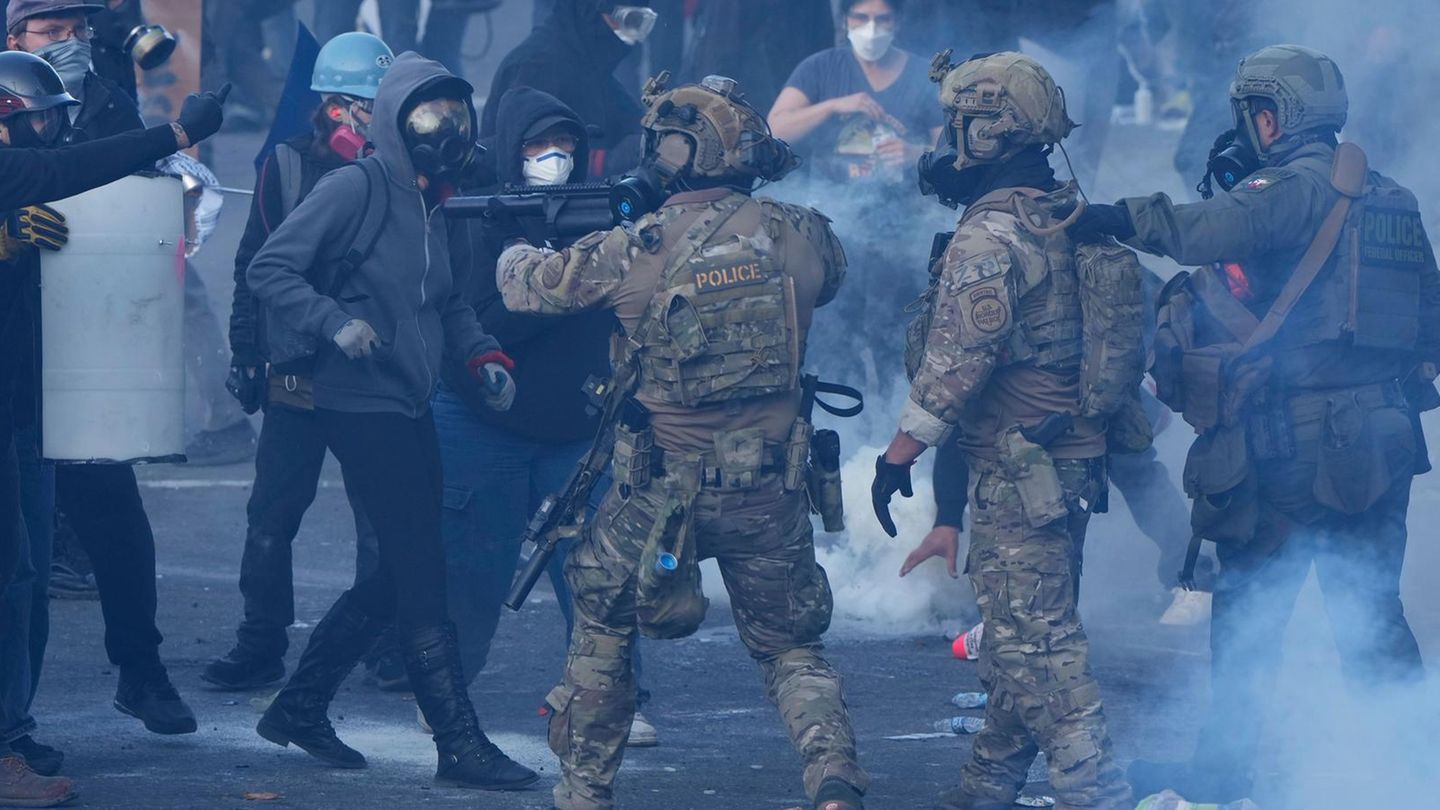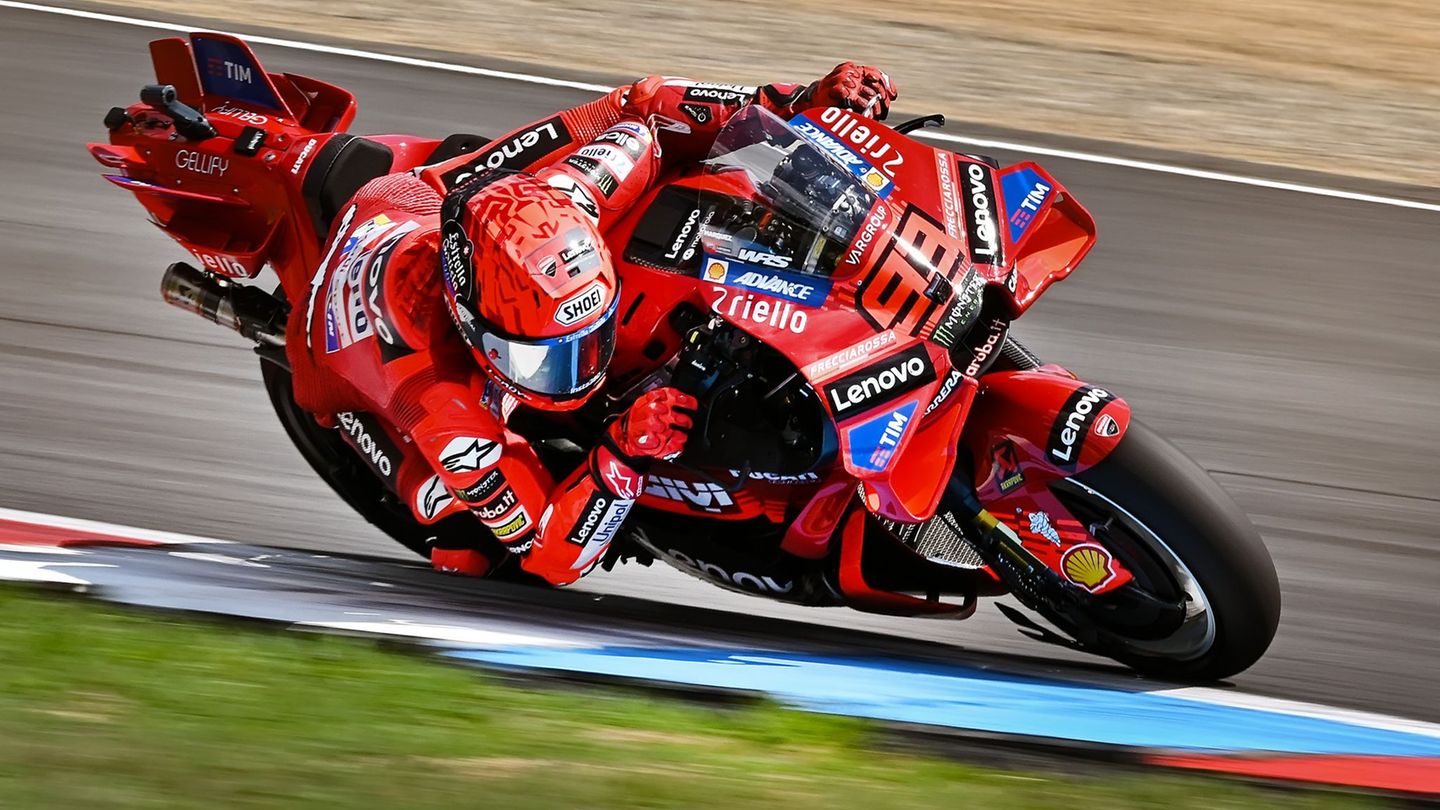Katerina Musjenko used to only speak Russian. Since the attack on Ukraine, she has abhorred everything to do with the country. Three people report on their experiences in the first year of the war.
The Russian invasion of Ukraine on February 24, 2022 was a deep turning point in the lives of millions of people. Three Ukrainians tell the AFP news agency how they experienced the beginning of the fighting and what changed for them:
From Governor to Soldier: Awakened by Explosions
On the night of the Russian invasion, Serhiy Osachuk, then governor of the Chernivtsi region in western Ukraine, hardly slept. The day before he had received a report that an invasion was imminent. “I woke up to the explosions and messages on my phone that the massive invasion of Ukraine had started,” he says.
Six months later, the 50-year-old hung his suit in the closet and put on his soldier’s uniform. As a lieutenant colonel in the border troops, he is deployed in the war zone in eastern Ukraine. “Right now I’m happier here than if I had stayed as governor. It’s a big responsibility.”
“In the first six months of the year I organized the mobilization in Chernivtsi,” reports Osachuk. When this task was completed, he immediately reported himself for military service. Osachuk, who is stationed in the heavily contested town of Bakhmut, says he will keep the uniform on for as long as it is necessary. “The future of Ukraine and the free countries of the world is being decided here.”
Russian-speaking Ukrainian: “Everything is different”
Before the war, Katerina Musjenko from the Black Sea city of Odessa only spoke Russian and despised people who preferred to speak Ukrainian or mixed Ukrainian and Russian. But since the beginning of the war, “everything has changed,” says the 24-year-old. In March her grandfather was killed in an attack on Odessa.
“I was so overwhelmed that I didn’t even feel sadness, only disgust and hatred for everything that had to do with Russia,” she says. Just as she used to consistently speak Russian, she now only speaks Ukrainian. Like Musjenko, many Ukrainians now refuse to speak Russian.
Her commitment went a step further when she called for the destruction of statues of Alexander Pushkin, the great poet of 19th-century Russian literature, on online networks. She also founded an initiative to protect Ukrainian.
Railway heroes: “My beard has turned gray”
The war left a deep mark on platoon commander Andriy Erjomenko. “My beard has turned gray,” jokes the 53-year-old, who comes from a family of railway workers. At the beginning of the war, Erjomenko helped with 20 others in the evacuation of Kiev. People crowded the train stations. “Everyone was in shock: children, dogs, cats, adults, elderly people,” he says. “We crammed as many as possible into the trains, sometimes ten or twelve people in a four-person compartment.”
When a train was filled to the brim, it began the several-hour journey across the country, sometimes without lights, so as not to become a target for Russian attacks. The worst thing was seeing the children and the frightened animals, says Erjomenko. Once a little girl threw herself on the ground and shouted, “We’re being bombed.”
Before the war, the Ukrainian railways faced much criticism, but operations continued despite the bombing, allowing millions of people to flee. Today, railway workers like Andriy Erjomenko are considered “heroes”.
Source: Stern
I have been working in the news industry for over 6 years, first as a reporter and now as an editor. I have covered politics extensively, and my work has appeared in major newspapers and online news outlets around the world. In addition to my writing, I also contribute regularly to 24 Hours World.




